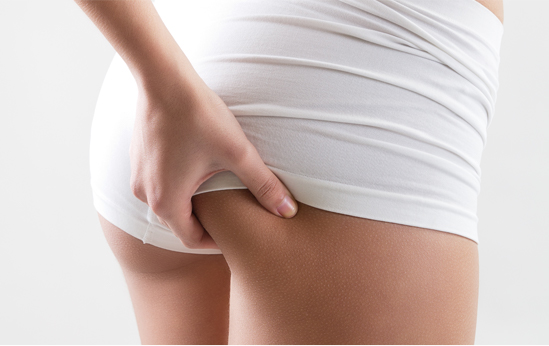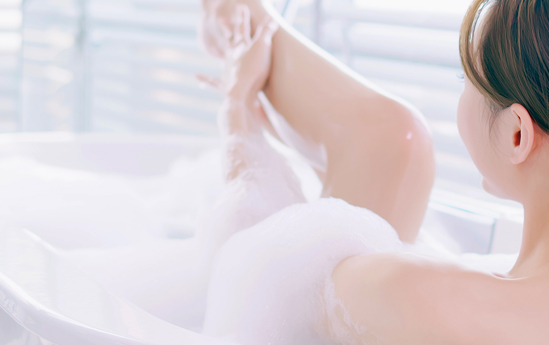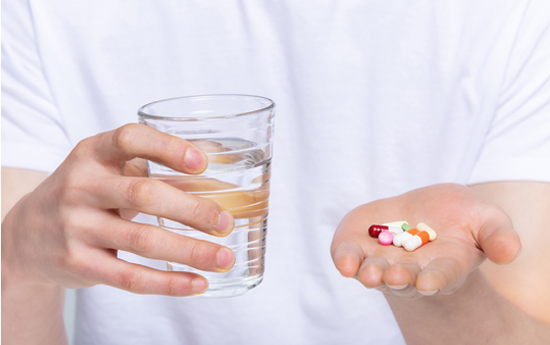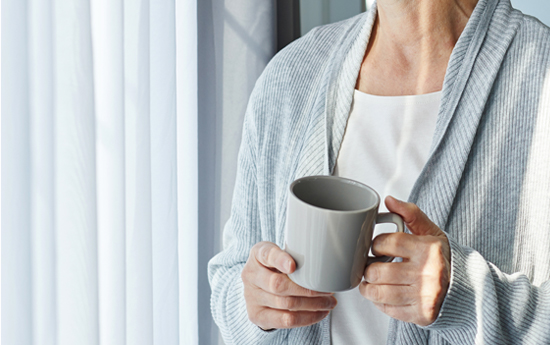From the moment we first meet with patients,
we will take care of them like a family with faith, hope, and love.
Wellness Hospital treats even the hearts of customers through experts treatment and specialized medical services.
The word pruritus derived from the Latin word ‘prurire’, which means “to scratch” and refers to an unpleasant skin sensation that causes an unbearable urge to scratch. It is not a name of a disease, but it is one of the most frequent symptoms that patients of anal diseases experience.
Symptoms usually start gradually, but the patient complains of discomfort or itching around the anus. Anal pruritus occurs in about 1-5% of the population and is more frequent in men than in women (male:female = 4:1), and can occur at any age, but tends to occur more often in those in their 50s and 60s. Symptoms are more severe in summer than in winter, and are also characterized by severe symptoms at night.
When anal pruritus becomes severe, the skin is wounded by scratching the anus, which causes skin damage such as secondary infection and skin loss. Unfortunately, these wounds create a vicious cycle of itching and scratching, which intensifies the symptoms. In some patients, the pruritus is so severe that their lives are completely ruined and even suicidal.
3
What are the causes and treatment of anal pruritus?
The skin around the anus is filled with a large number of sensory nerve endings that transmit various kinds of sensations. These sensations are locally stimulated by epidermal exfoliation, alkaline secretions, and various chemicals.The receptors for sensing itchiness and pain are located at the junction of the dermis and the epidermis. Therefore, those sensations are transmitted through the same sensory receptors and nerve pathways.
Anal pruritus is divided into primary (idiopathic) pruritus ani that has no known cause and secondary pruritus caused by other diseases like systemic diseases such as diabetes, renal failure, thyroid dysfunction, etc. More than 50% of anal pruritus cases are actually idiopathic.
If you do not cleanse stools thoroughly, anal pruritus may occur. In patients with an itchy anus due to persistent fecal contamination, an inflatable laxative (e.g. chamomile powder) can be prescribed to reduce the contamination and clean the anus. This will also relieve itching.
Conversely, compulsive and excessive cleaning around the anus can also cause pruritus. Excessive cleanliness usually is a result of scrubbing or exfoliating the skin too hard or using irritating alkaline soaps.
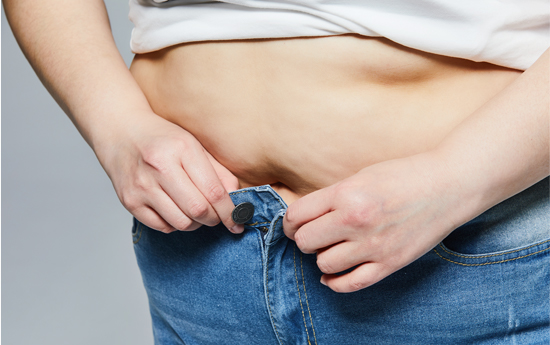
01
About 25% of patients with pruritus ani have anorectal diseases. Conditions such as anal mucosal prolapse (hemorrhoids), fistulas, anal fissure, skin tags, and anal polyps that protrude outside the anus can soil the area from the anal canal to the preianal skin with fecal fluid. It can then cause eczema, inflammation, and ulcers. Severe infection can cause suppuration. In this case, the itchiness will improve if the causative disease, such as hemorrhoids, fistulas, or anal fissure, is treated with drugs or surgery.
02
Obese patients are prone to anal pruritus. Because their buttocks are enlarged, the anus is located deep into the skin. In this condition, naturally, many areas of the skin around the anus are in contact with each other, thus creating a humid environment. Obese patients should pay more attention to the ventilation of the anus by avoiding sitting for a long period of time, trying to stand up frequently, and avoiding excessive contact with water.
03
Low strength of the anal sphincters (if the anus is loose) may cause prolapse of anal mucose or may be accompanied by contamination of the feces around the anus. In this case, since it is not easy to increase the strength of the anal sphincters with surgery, it is necessary to induce regular, healthy bowel movements with a dietary fiber supplements so that stool does not remain in the anal canal or rectum.
04
Tight jeans, underwear, girdles, etc., or clothing with low air permeability can prevent moisten the area around the anus, which can cause itching. If you are experiencing anal pruritus, you should wear loose-fitting underwear for as long as possible.
05
Excessive hair around the anus can also cause itchiness. In this case, it is not easy to remove the hair, so special attention should be paid to ventilating the rectum.
Jaundice and chronic renal failure cause itching all over the body, including anus. For jaundice, taking cholestyramine or colestipol hydrochloride can relieve itching. Itching occurs in 90% of patients who are undergoing hemodialysis for treating chronic renal failure, but it can be improved by exposure to ultraviolet B rays.
Diabetes is frequently associated with candidiasis, a type of fungus, which often causes itching in the vagina and anus. Itching may also occur in patients with iron deficiency, hyperthyroidism, and Hodgkin's disease.
01
Food is the most critical cause of secondary anal pruritu because, firstly, it determines the firmness of the stool. If you eat soft foods, your feces can often contaminate your skin. Secondly, certain chemical components of food can cause itching. Thirdly, if you drink too much water, your stools become thinner and fecal contamination can occur around the anus, which can cause stinging.
02
Coffee (with or without caffeine), chocolate, citrus fruits, tea, beer, foods high in milk, and spicy foods can cause pruritus ani. It has been reported that if you drink 2 to 4 cups of coffee or more, and if you drink more than 180~300ml of milk, it may cause itchiness. Itching caused by chocolate, black tea, or cola is thought to be related to the amount of xanthine contained.
03
People with vitamin A and D deficiency are also prone to anal pruritus.
4
Summary of Treatment of Anal Pruritus
01
First, you need to educate the patient on proper perianal hygiene. This first effort aims to keep the perianal skin dry, clean and slightly acidic.
02
Instead of using rough tissue paper, you should use a small non-alcoholic paper towel and dry the area around the anus with a soft towel or hair dryer. It may be helpful to apply a thin piece of gauze to the crease area of the anus during the day or at bedtime. The size of the gauze should be so small that the patient does not feel it.
03
Patients are advised to abstain from consuming foods such as coffee, tea, cola, chocolate, beer and tomatoes. It is recommended that you stop eating these foods once and then gradually incorporate them into your diet to pinpoint the culprit. Once the causative food, such as coffee, has been identified, it is not necessary to completely abstain from the ingredient.
04
Psyllium (Psyllium: Psyllium Seed) is a typical expansive laxative, which reduces damage to the anal canal and improves perianal hygiene.
